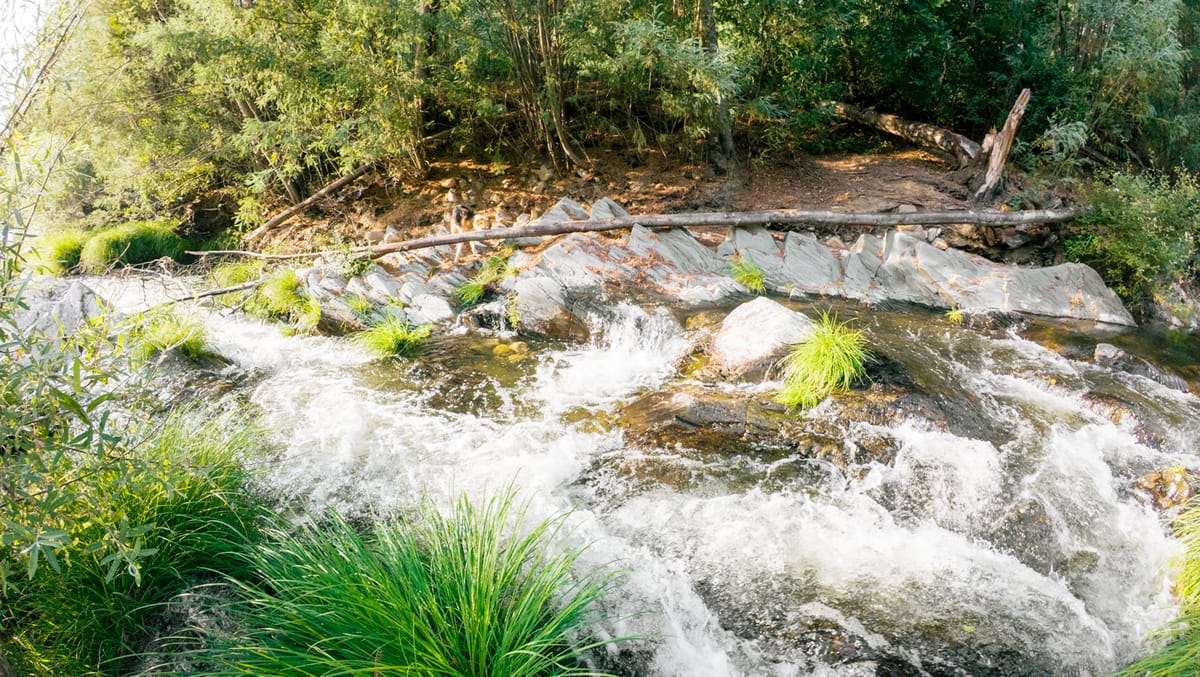O Tejo
100 years ago, Fernando Pessoa wrote an ode to a river.

Counterintuitively, this poem is not about the Tejo (or the Tagus, as it’s known in English), but about another river. The kind of river where we dip, the kind of river where, standing at the lapping edge, we think of nothing—or try to.
It goes like this:
O Tejo
O Tejo é mais belo que o rio que corre pela minha aldeia,
Mas o Tejo não é mais belo que o rio que corre pela minha aldeia
Porque o Tejo não é o rio que corre pela minha aldeia,
O Tejo tem grandes navios
E navega nele ainda,
Para aqueles que vêem em tudo o que lá não está,
A memória das naus.
O Tejo desce de Espanha
E o Tejo entra no mar em Portugal.
Toda a gente sabe isso.
Mas poucos sabem qual é o rio da minha aldeia
E para onde ele vai
E donde ele vem.
E por isso, porque pertence a menos gente,
É mais livre e maior o rio da minha aldeia.
Pelo Tejo vai-se para o Mundo.
Para além do Tejo há a América
E a fortuna daqueles que a encontram.
Ninguém nunca pensou no que há para além
Do rio da minha aldeia.
O rio da minha aldeia não faz pensar em nada
Quem está ao pé dele está só ao pé dele.
[Source: Athena, nº 4. Lisboa: Jan. 1925.]
A full English translation is available here. But, like many translations, it doesn’t quite have the “verbal rhythm” or “idea made emotion”(Pessoa 1967) as the Portuguese original.
The first three lines are my favorite:
The Tejo is more beautiful than the river that runs through my village,
But the Tejo is not more beautiful than the river that runs through my village
Because the Tejo is not the river that runs through my village.
Pessoa is a fascinating figure for many reasons, but he was truly a Lisboeta, a “Lisbonite.” While he traveled at a young age to South Africa, he spent most of his life in the city. What village or river was he thinking of here? There is a playful trickery in the title that draws readers in, perhaps expecting a declaration of adoration for the grand river. Pessoa understood himself as a medium, and had the ability of writing through the senses of another. Maybe these were someone else's eyes?
The poem evokes the many small rivers and streams that run through the aldeias of central Portugal. Much has changed in the past century, but the most precious river is still the one closest to home.

Comments ()